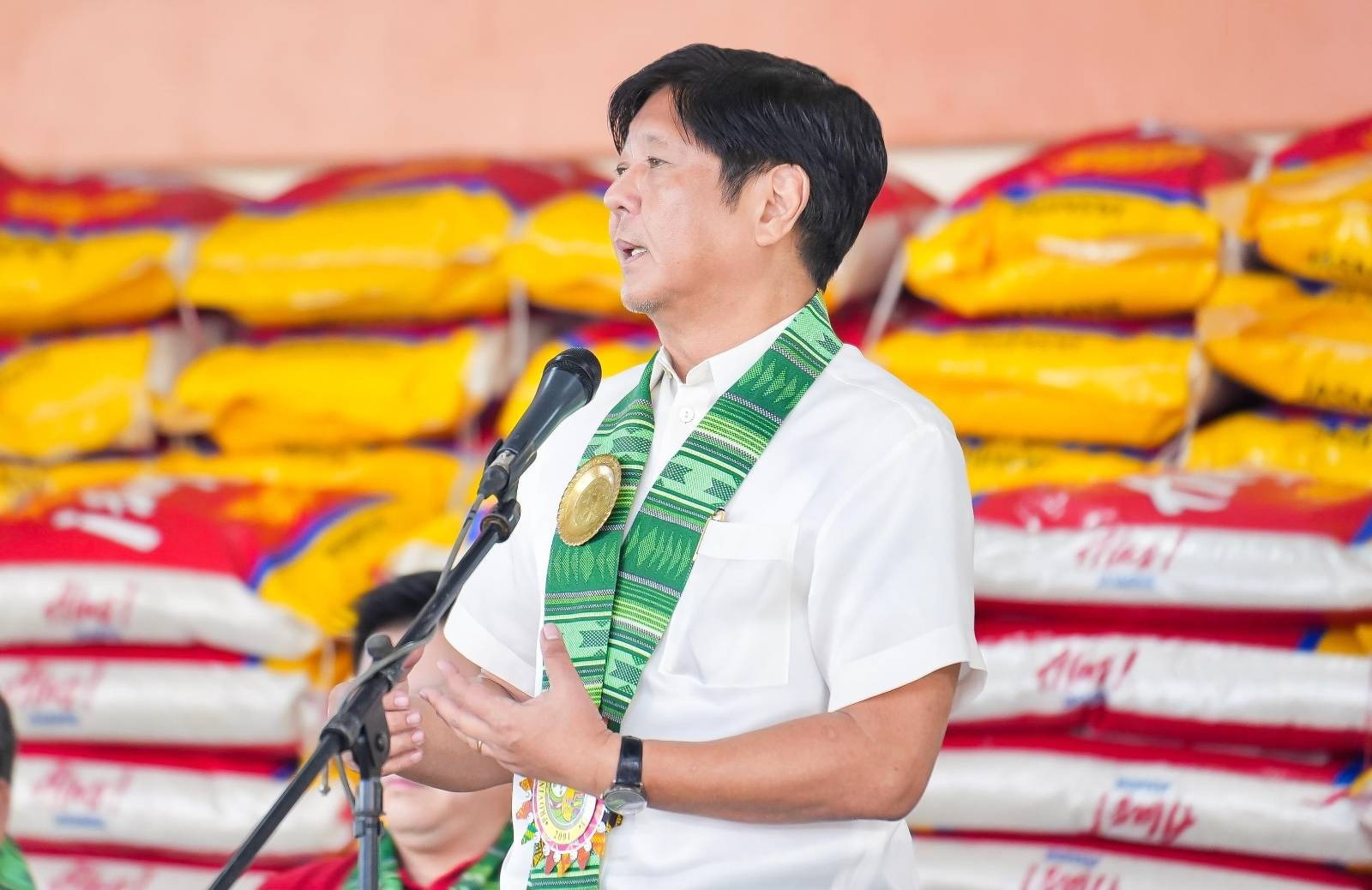Flood control infra projects must be multi-functional, Marcos says
President Marcos said the government must build flood control infrastructures that are multi-functional to lessen flooding impacts in communities and agriculture areas.

Stressing that the impacts of climate change have worsened, even affecting areas that were not usually experiencing flooding in the past, Marcos cited the need to establish flood control infrastructures that have multiple functions.
He said flood control projects must also include a function for irrigation to benefit farm communities.
“Yung iba naman para mabawasan ang baha ay maglalagay tayo ng tinatawag na impounding pools. In other words, maghuhukay tayo, doon natin iiipon yung tubig (For other projects, in order to prevent flooding, we will put impounding pools. In other words, we will dig the ground so we can store water there)," Marcos said in an interview in Zamboanga City on Tuesday, Sept. 19.
"Maganda ‘yan dahil unang-una hindi nasasayang yung tubig, may iiwan doon sa atin. Tapos pagka medyo tuyo, pag hindi na umuulan, gamitin natin yung tubig para pang-irrigation ulit, puwede pang lagyan ng isda (That's good because first, the water will not be wasted. Once the rain stopped, we will use it for irrigation, we can also put fish there)," he added.
The President also mentioned the need for an improved weather forecasting, stressing that climate change is already taking its toll on communities as those who do not usually experience flooding in the past could now be easily inundated as a result of the changing weather patterns.
He explained that better weather monitoring is now part of the government's flood-control projects. It would allow the government to prepare for the calamities better, he said.
In April this year, Marcos approved the creation of the Water Resources Management Office (WRMO) tasked to create a comprehensive plan to prevent flooding in Metro Manila and coastal communities.
The WRMO under the Department of Environment and Natural Resources (DENR) will also address the country’s water and sanitation sector, climate change impact, lack of water infrastructure, increasing water demand due to population and economic growth, as well as regulation issues.